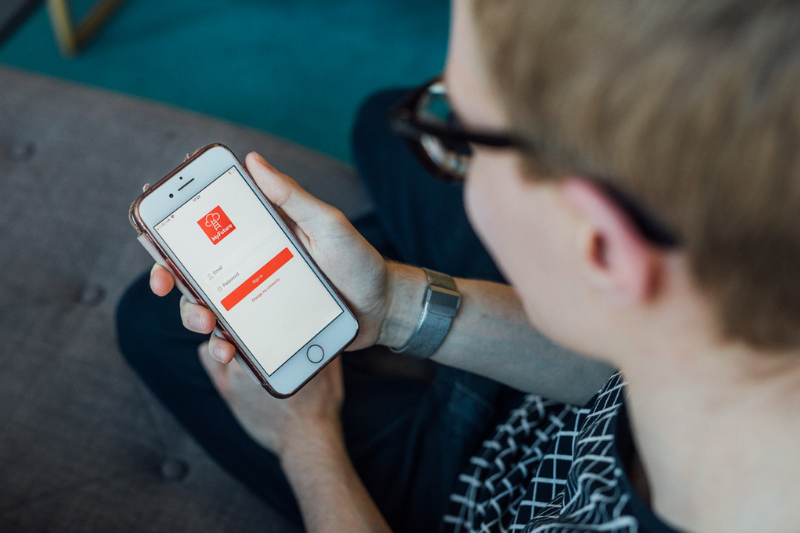Interview Preparation
Respond quickly to the interview invite to confirm your time, date etc. If it’s in person, make sure you know the name of the person you are meeting.
If it’s online, find a quiet location that has a good connection and ensure that your surroundings and the clothes you are wearing look professional.

Try to get a good feel for what the organisation does. Some companies provide information on MyFuture as well as on their own website. Pay special attention to details of their mission, strategy and values. Try to bring these into answers about your motivations to work for that organisation.
Learn who their clients/customers are.Think about who their competitors might be.
Look at what their employees have said about them on Glassdoor (You will need to register to use this service which enables employees to write reviews about their employers. These employees often provide useful interview advice.)
Take time to investigate what is going on in their industry at the minute and how that impacts upon them and their clients/customers.

Read and then re-read the job description. Make sure you know what it says and can refer to it in your interview answers. Some companies have role information on their own website.
Some graduate careers websites have general role information for example, Prospects. Look for opportunities to speak to people from the company at on campus events.

Once you have an understanding of the organisation and the role for which you are interviewing, think about your key selling points for this job and your evidence for each of the elements in the person specification.
It can be useful to use a mind map to remind yourself of elements from your degree, your extra-curricular activities and your work. Or to use a timeline for the last few years to draw out the key milestones and what you gained from them.
Pay attention to the things you really enjoyed and the challenges you overcame. Use this evidence to prepare STAR-formatted answers for each of the skills elements in the person specification.

Body language is perhaps the most challenging aspect of virtual interviewing.
It is common practice for video interviews to involve a set of pre-recorded questions for you to respond to meaning that you won’t receive the same feedback that you do in a face-to-face interview. Unless you’re an experienced vlogger, looking into a webcam and smiling to deliver a convincing performance of confidence, competence and enthusiasm is incredibly challenging. The best way to deal with this is through practising.
We have set-up an interviews with some common questions for you to practise in MyFuture. Alternatively, you can create your own set of interview questions.
(Note: for those using Apple products such as Ipads, you may need to use an alternate browser such as Puffin in order to use the MyFuture Mock Interview tool).

The most common difficulty for employers in assessing video or virtual interviews is poor quality recordings or audio due to slow internet connections or crackling microphones.
Make sure that you test all of this equipment before a virtual interview. Position yourself somewhere quiet where you won’t be disturbed. Set-up your space so that it works effectively for you i.e. no distracting posters in the background, the webcam at eye-level, a light source in front of you.
Dress for a virtual interview in the same way that you would dress for a face-to-face interview.

During normal working conditions, the One Elmwood Student Centre is available for current students to book for the purpose of undertaking virtual interviews.
We will update our site when we are able to offer this service again.
